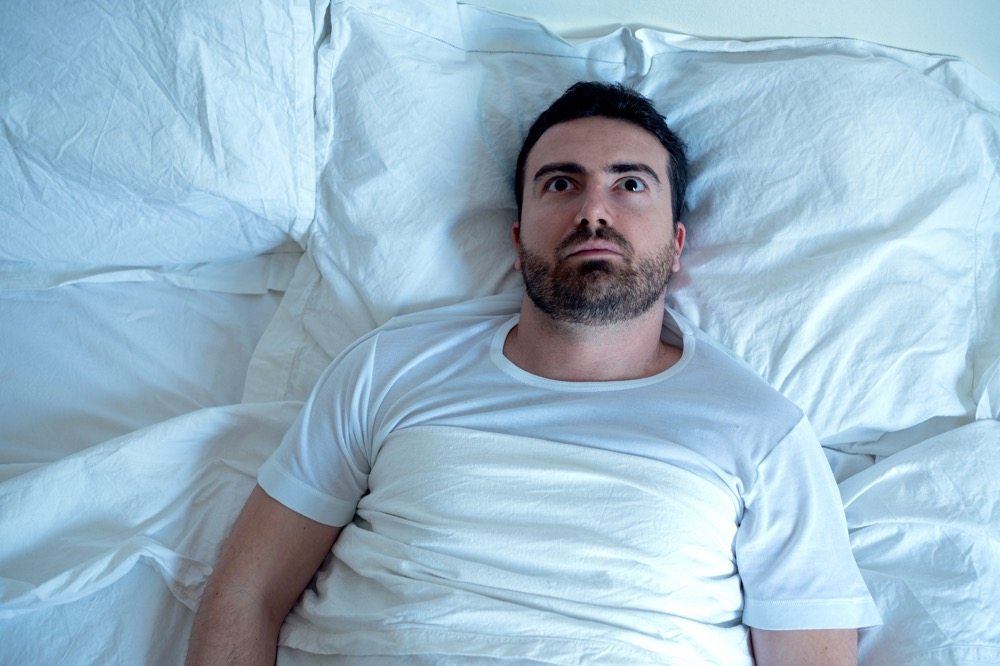Getting a good night’s sleep may be something you take for granted, or alternatively it may something with which you struggle.
From time to time everyone experiences some degree of sleep problems with about 10 to 15 per cent of Canadians experiencing insomnia. Of those about half have chronic difficulty with sleep.
Insomnia is simply defined as dissatisfaction with sleep. Difficulty staying asleep is the most common symptom, followed by early morning awakening, and then by difficulty falling asleep. And, you can have more than one of the symptoms.
Read Also

Ground rules for farm family communications
Establishing meeting ground rules can help your family find ways to communicate that work for your farm. Here are some…
Ideally, you want to fall asleep quickly and awaken refreshed, because poor-quality sleep can have an impact on your overall health. Anxiety, depression, poor concentration, appetite changes, increased risk for heart attacks and stroke, high blood pressure, poor diabetes control, and even an increased risk for falls are complications associated with insomnia.
You may turn to sleep medications to help you get some rest, or you may even try some non-prescription products. However, keep in mind that the recommendation is to take any sleep medication for no more than seven days. Yes, seven days!
Unfortunately, many people take these drugs for far longer than they should, which can lead to chronic sleep problems, dependency, and even abuse. If you are one of these individuals, you need to slowly wean off the sleeping tablet because you run the risk for withdrawal symptoms and rebound sleep problems.
At one time, barbiturates were the only sleep medications available, but these drugs have a narrow therapeutic margin meaning that the difference between a therapeutic and toxic dose is not much. Today, benzodiazepines like temazepam, lorazepam, and oxazepam, are the most often used sedatives. The newer “z-drugs” such as zoplicone and zolpidem have shorter durations of action, but seem to be associated with more adverse reactions.
Before you consider a sleep medication, see if there are medical conditions or drug side effects that could be causing your insomnia. Breathing problems, pain conditions, indigestion, sleep apnea, and restless leg syndrome can result in wakeful nights, but with good control, your sleep will improve.
Some medications have effects that can disturb your sleep, for example alcohol, some seizure medications, antidepressants, blood pressure medications, decongestants, bronchodilators like salbutamol, and caffeine. A dose adjustment or even a change to another medication may solve the problem.
You may decide that prescription sedatives aren’t for you, and consider trying non-prescription sleep remedies. Most of these formulations contain antihistamines which have sedation as a side effect, but they also have a variety of side effects including dry mouth and urinary retention, which can be problems.
Again they should be taken for no more than the recommended seven days. Melatonin is a non-prescription remedy and is a substance that occurs naturally in your body to control your circadian cycles. Some people find it useful, especially if their sleep disruption is in their wake-sleep cycle, for example travel to different time zones.
Before you consider sleep medications, look for factors that may be affecting your sleep and remedy them. Remember, some factors like your genes and age cannot be altered, but others can.
Keep a sleep diary to see if you can pinpoint factors that may be affecting your sleep, then remedy them! And, the first step in treating any sleep problem is sleep hygiene, that is your habits around your sleep, for example going to sleep at the same time, a cool, comfortable, quiet, dark bedroom, avoiding caffeine and alcohol prior to bed. Pleasant dreams!















